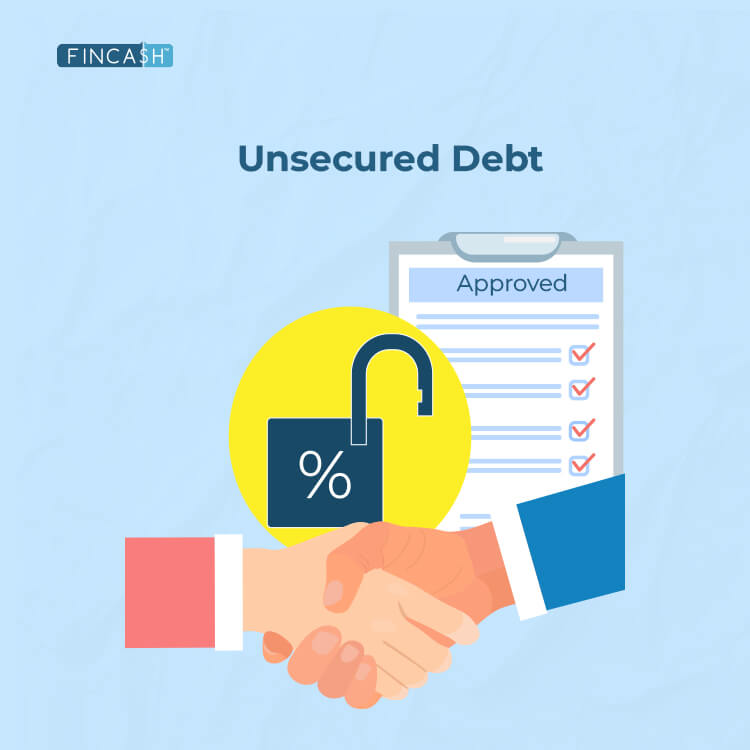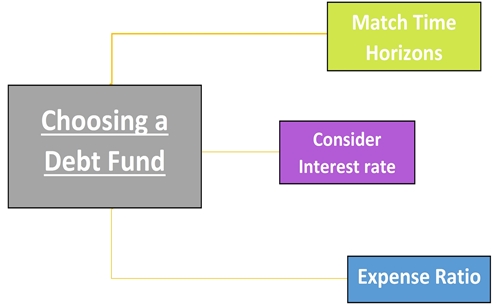
Table of Contents
What is Odious Debt?
When a country's leadership changes, Odious Debt (also called the illegitimate debt), occurs when the successor administration refuses to pay the previous government's debts.

Typically, successor governments claim that the former government mismanaged borrowed funds, and they should not be held liable for the former regime's alleged wrongdoings.
Concept of Odious Debt in Public International Law
International law does not recognise the idea of odious debt. No domestic or foreign court or governing authority has ever declared sovereign obligations void due to a dreadful debt. Obscene debt is a conflict with established global law, which holds succeeding governments liable for the duties of previous regimes.
Odious Debts Countries
When a country's government violently changes its hands by conquest by some nation or internal revolution, the issue of odious debt is frequently discussed. In such a case, the new government maker is rarely inclined to assume the obligations of the defeated predecessor. Governments may consider debt odious when former government authorities used borrowed money in ways that the new government doesn't agree with, sometimes asserting that the borrowed money did not benefit the residents and, on the contrary, was used to oppress them.
It is typical for civil war or global conflict winners to blame the regimes they deposed or won for abuse, corruption, or general malice. Despite international law, the idea of odious debt has already been successfully employed as a post hoc rationalisation. In this, the winners of such conflicts are strong enough to impose their will on international financial lenders and markets. In actuality, whether or not the succeeding regime is held responsible by the former government's creditors comes down to who is more powerful.
New administrations that achieve international recognition or the backing of large armed powers have a better chance of repaying existing debts.
Talk to our investment specialist
Odious Debt and Foreign Investment
The possibility of a regime change and the subsequent repudiation of the preceding regime's contractual obligations pose a risk to sovereign debt investors. If investors hold an existing government's debts or Bonds, the funds may not be repaid if the borrower is deposed or conquered by another state.
As the idea of odious debt is invariably applied to the losers of strife, lenders can only consider it as part of the regular risk of a borrower's political stability. This risk is reflected in a premium on the rate of return sought by investors, which will tend to rise as hypothetical successor governments become more capable of enforcing odious debt charges.
What has been Proposed to Resolve the Problem of Odious Debt?
Some legal scholars suggest that these obligations should not be repaid for moral reasons. Opponents of odious debt claim that governments that lend must have been aware of, or should have been aware of, the alleged oppressive conditions before extending credit. They have argued that successor administrations should not be held accountable for odious debts owed to them by previous regimes. One clear moral hazard of declaring debt odious is that subsequent administrations, some of whom may share much in common with their predecessors, maybe use odious debt as a pretext to avoid paying obligations they should.
According to economists Michael Kremer and Seema Jayachandran, one possible remedy to this moral hazard is for the world community to declare that any future contracts with a certain regime are odious. As a result, loans to that regime after such a proclamation would be internationally recognised at the lender's risk. They would not be repaid if the regime were toppled later. This would transform the odious debt from a post-hoc excuse for countries to reject their debts into a foresight weapon of international conflict as a substitute to open combat.
Conclusion
Individuals in most nations are not required by law to repay money borrowed falsely in their name. A corporation is also not liable for contracts entered into by the CEO without the authorisation to bind the company. However, international law does not absolve inhabitants of dictatorships from repaying a dictator's private and criminal debts. Banks will avoid lending to odious regimes if odiousness was recognised in advance, and they would have no fear of a successful popular debt-relief campaign nullifying their outstanding debts.
All efforts have been made to ensure the information provided here is accurate. However, no guarantees are made regarding correctness of data. Please verify with scheme information document before making any investment.












